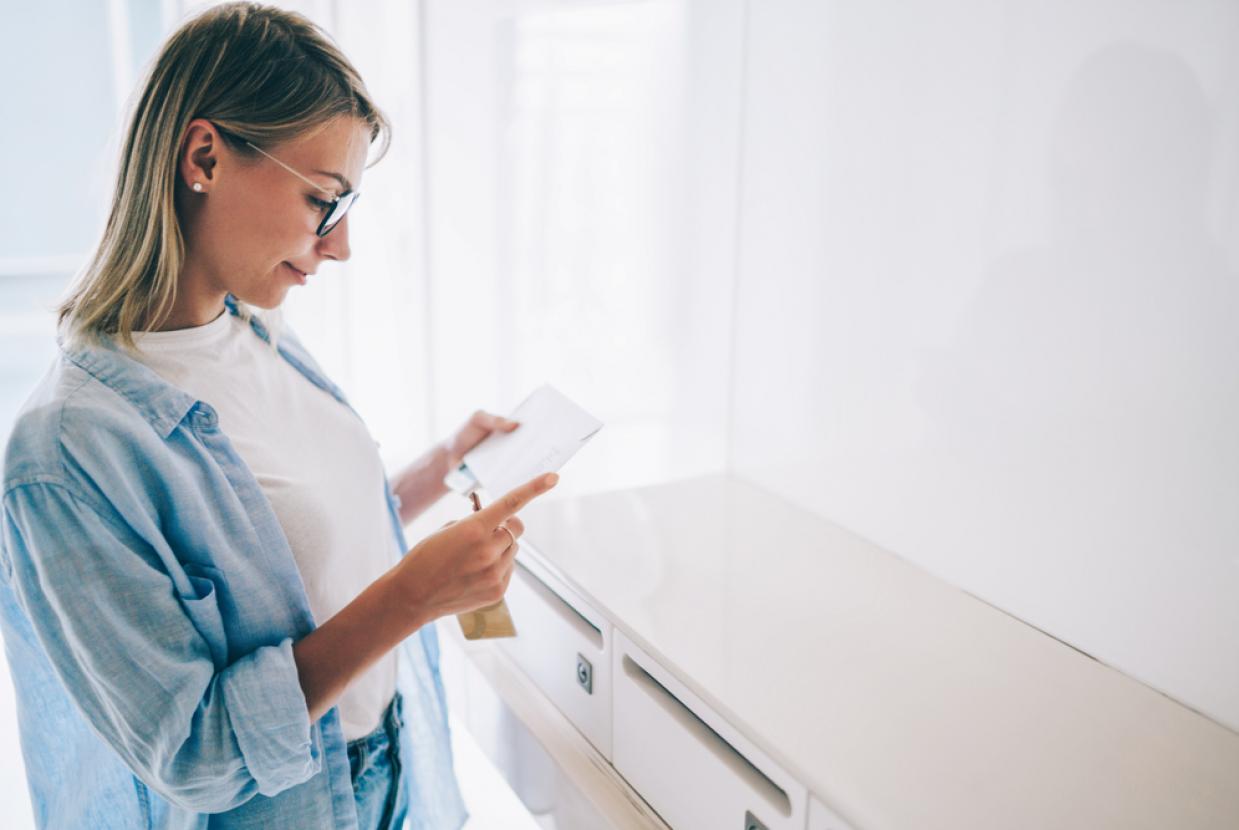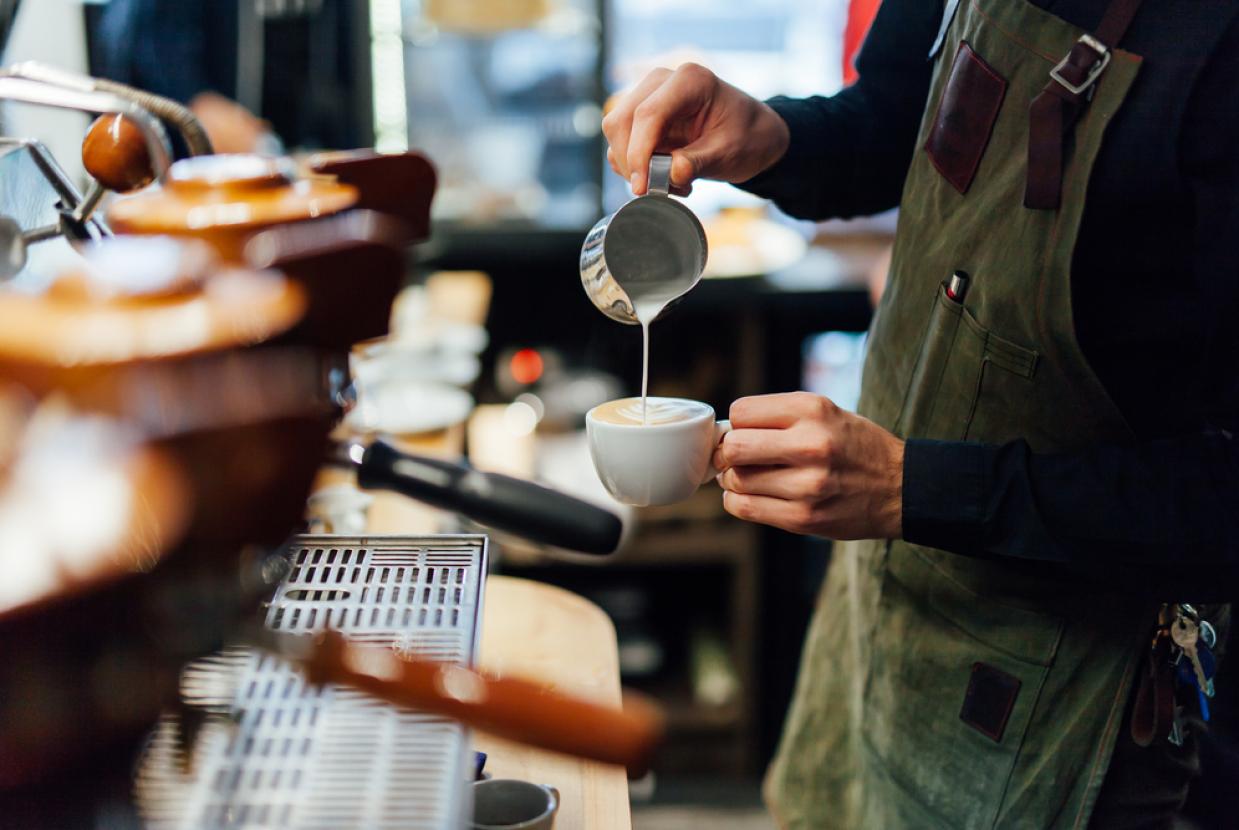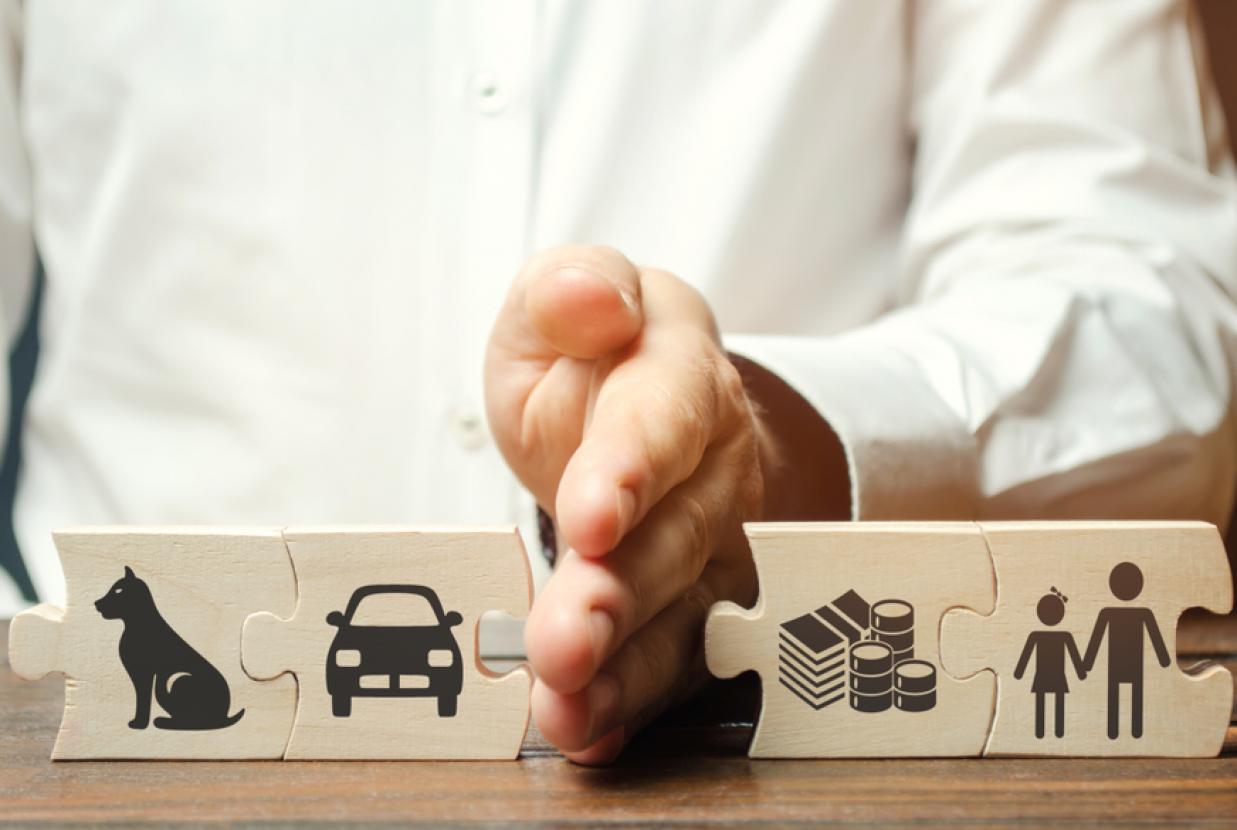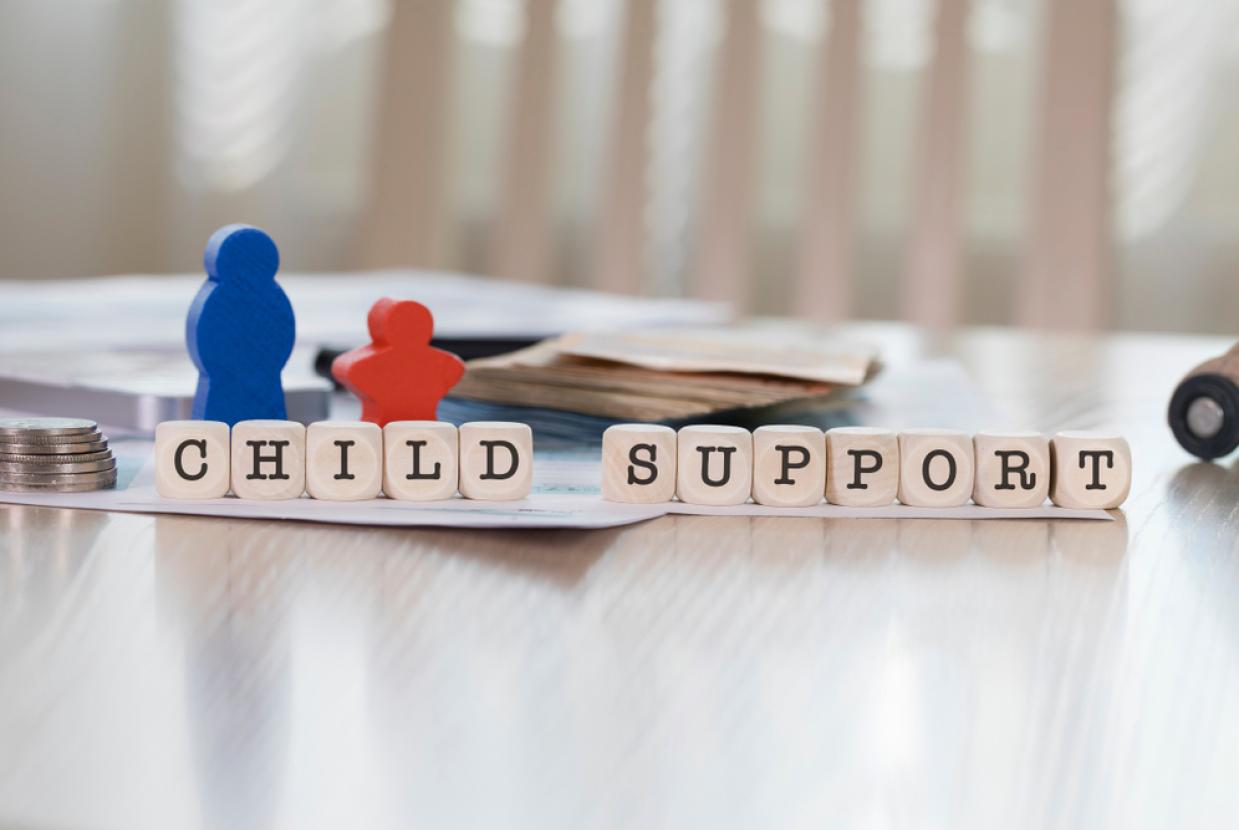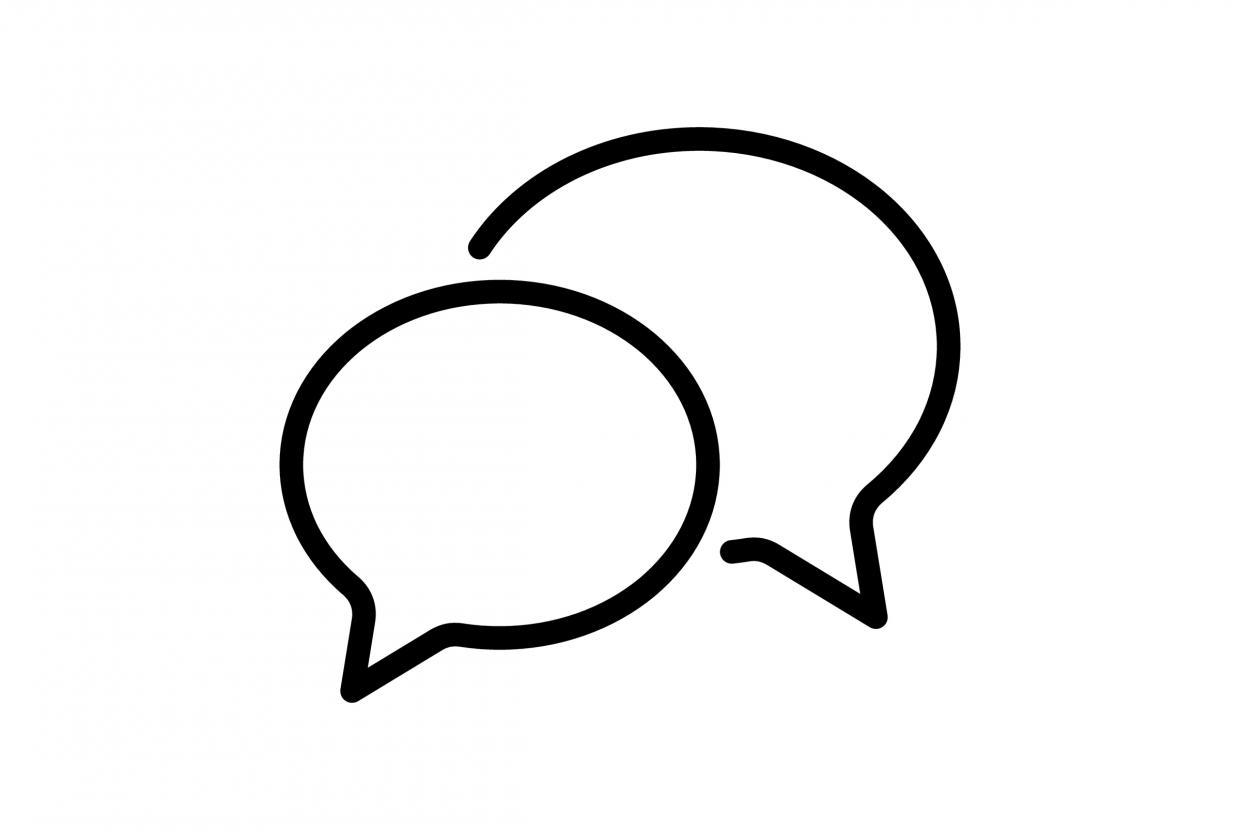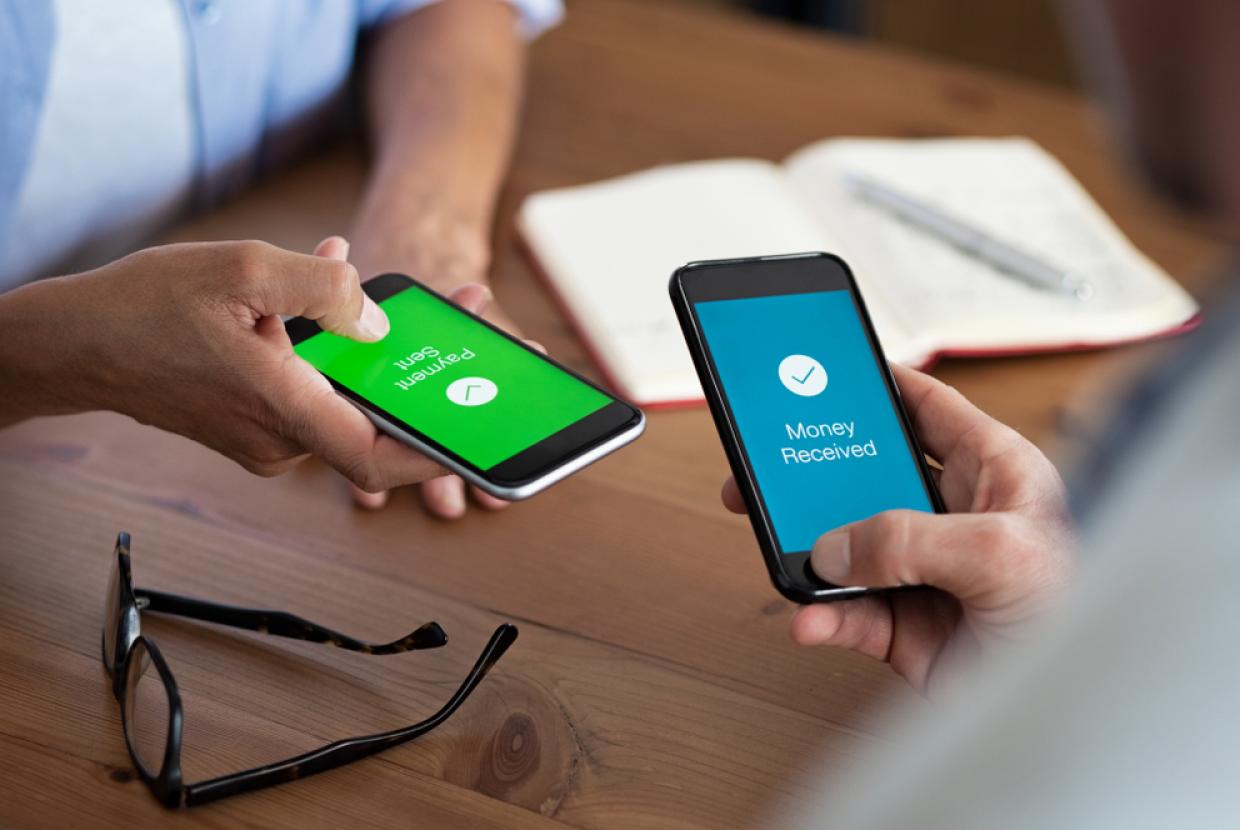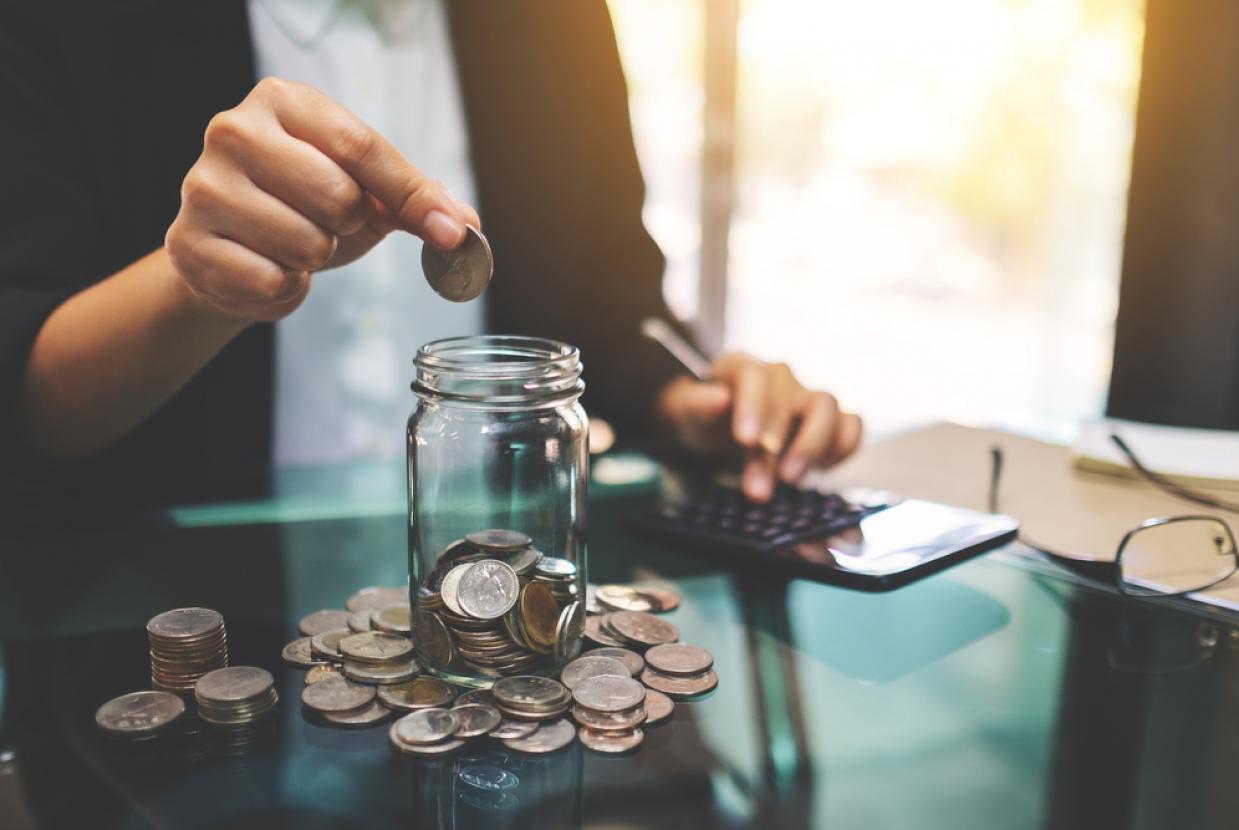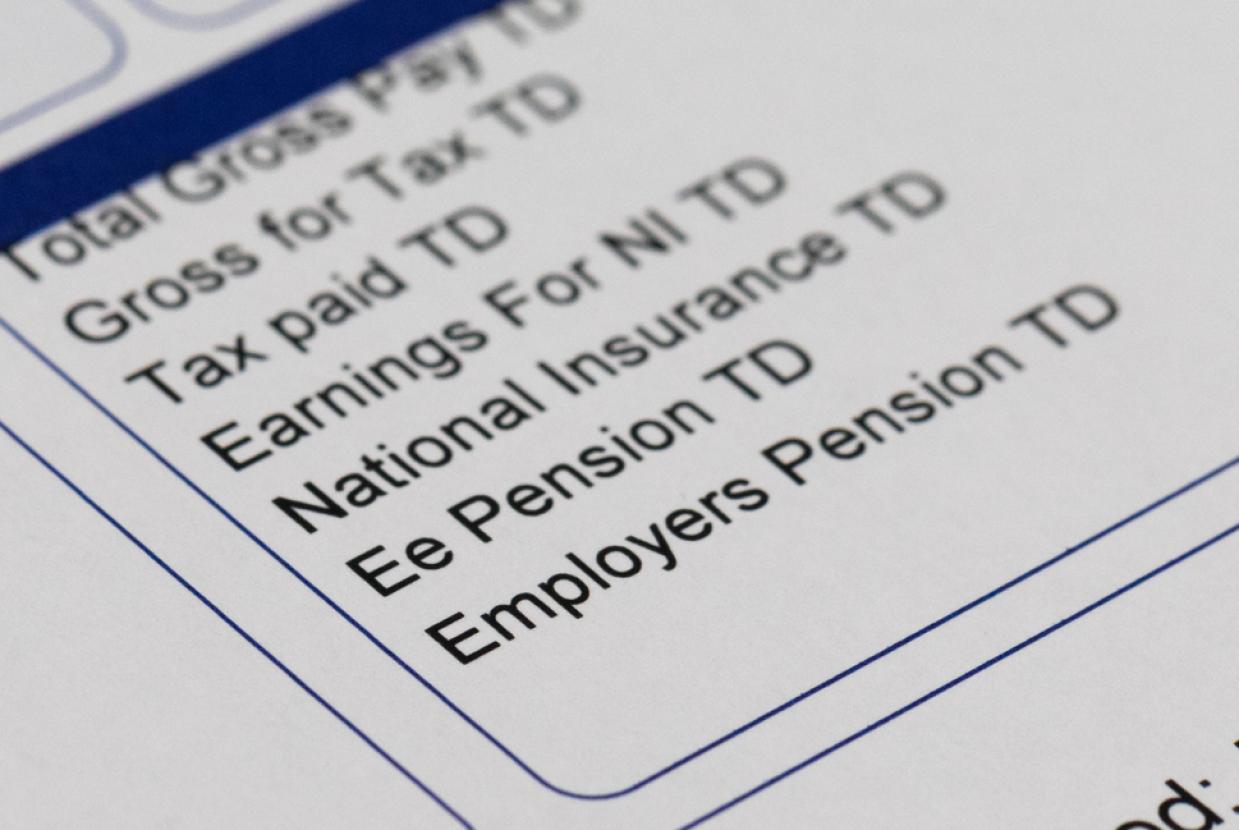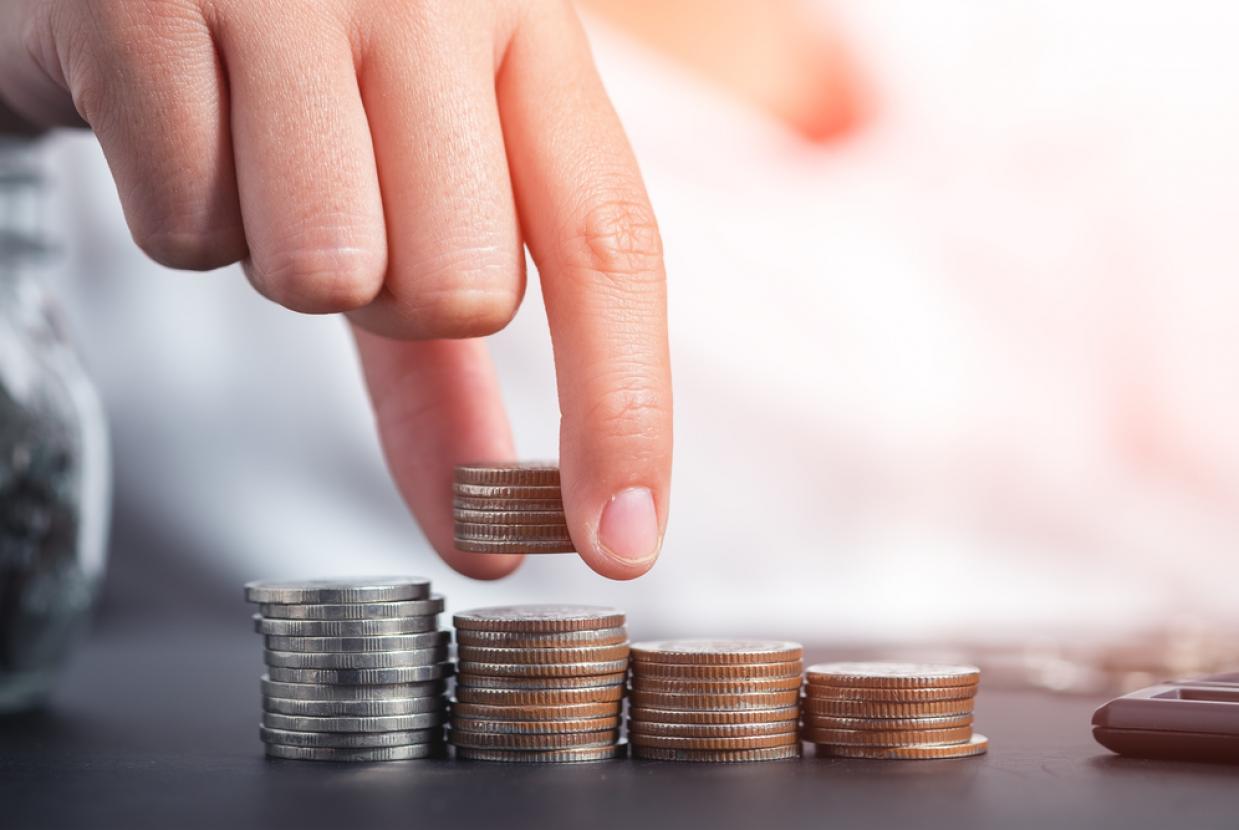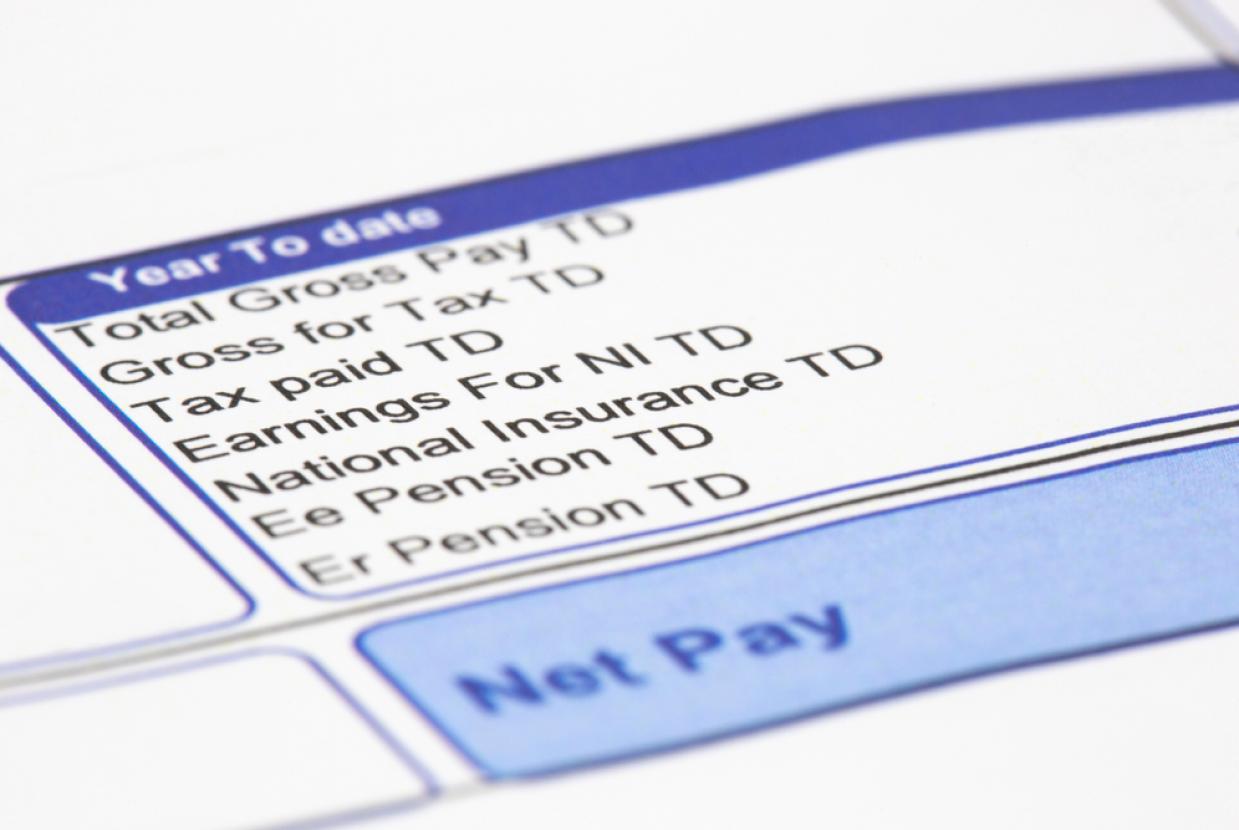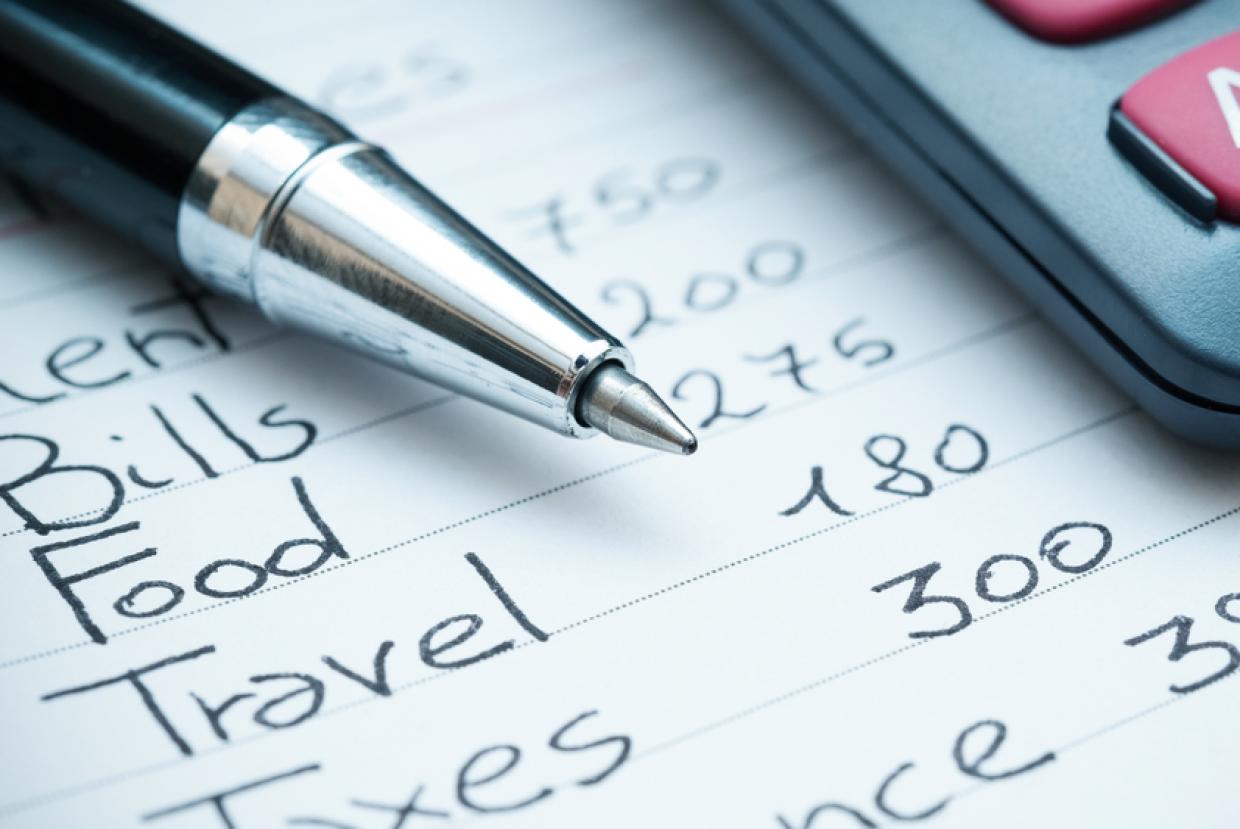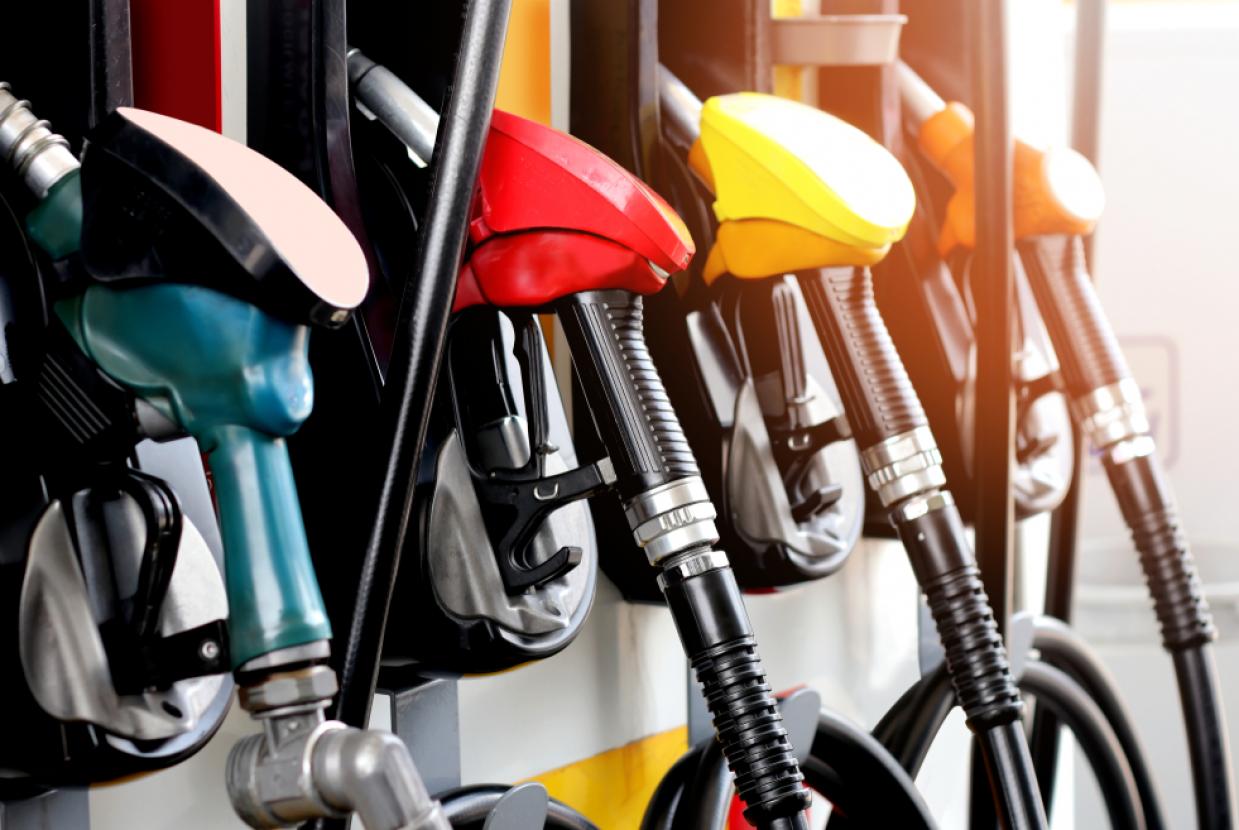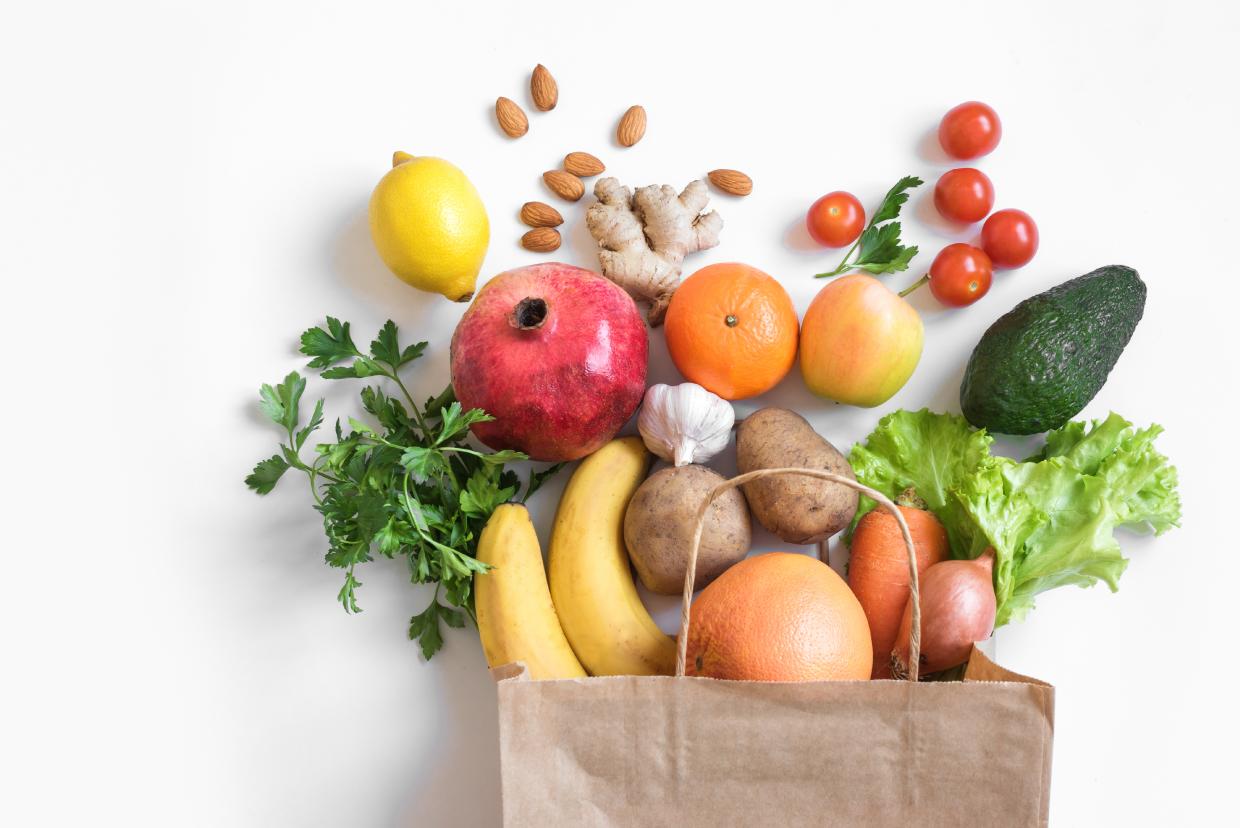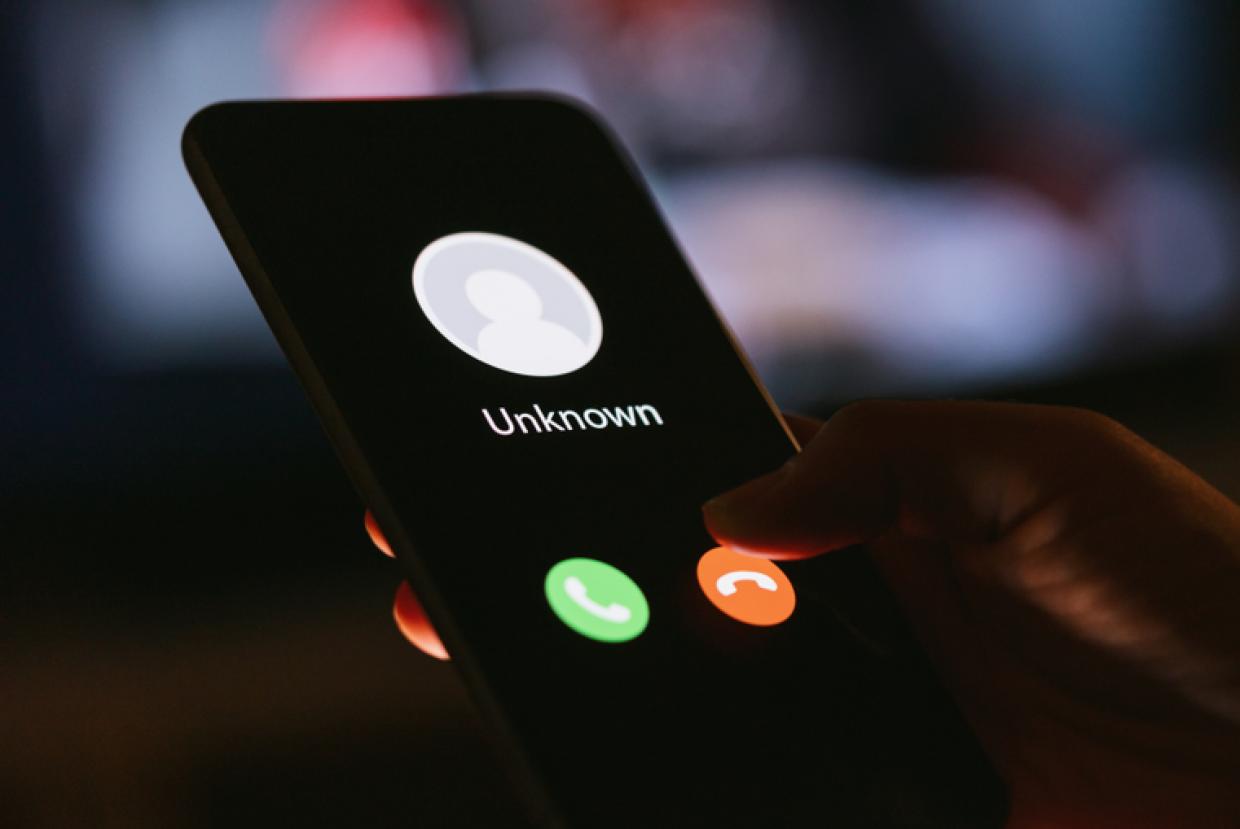Staying Safe When Using Online Banking
Financial HealthOnline banking, also known as internet banking, has become increasingly popular over the past decade. It’s a great way to take control of your finances and an easy way to make sure you’re keeping up to date with payments. But how does it work and is it safe?
What is online banking?
Account dashboard
Do you have more than one account? New services mean you can now see all your accounts in a single banking app. Find out more on our Open Banking and sharing your information online page.
Banking online means accessing your bank account and carrying out financial transactions through the internet on your smartphone, tablet or computer.
It’s quick, usually free and allows you to do tasks, such as paying bills and transferring money, without having to visit or call your bank.
Many banks also have free apps which let you use these services from your smartphone or tablet.
Most banks let you use your online account to:
- check your bank balance at any time
- pay your bills and transfer money to other accounts
- check any linked mortgages, loans, savings accounts or ISAs
- check your bank statements and go paperless (stop getting paper bills sent to you)
- set up or cancel Direct Debits and standing orders
- check on any investments you might have that are linked to your account.
How secure is online banking?
Keeping your online account safe
Banks take lots of precautions to make sure your online account is safe. These include encrypted websites, timed log outs and many authentication processes. You can ask your bank for more details.
Accessing your bank account online is generally safe. This is as long as you make sure you enter in all the right details when making a transaction and follow a few rules:
- Check your statement often and report any unusual activity to your bank.
- Don’t reply to emails that claim to be from your bank that ask for personal details or passwords.
- Always remember to log out of your online banking session.
- Only use secure wi-fi connections to access your bank account.
- Public wi-fi connections are often not secure, so it’s important not to use them for banking or to make purchases. If you’re out and about with a mobile or tablet, it’s safer to use your 3G or 4G connection.
- Keep your operating system and anti-virus software up to date.
- Choose your password carefully – create it by combining three random words and don’t re-use the same one for different accounts.
Secure mobile banking
Accessing your account through your smartphone, either using a website or a banking app, is becoming more popular.
It’s a fast, convenient way to manage your finances, and banks invest heavily in making mobile banking safe.
Some high-street banks have real-time notifications of transactions, such as Monzo and Starling. This makes it much easier and quicker to spot fraudulent transactions.
What if something goes wrong?
If you notice anything strange on your account, or you accidentally make a payment to the wrong account, get in touch with your bank as soon as possible.
Some banks offer instant card freezing, where you can block your card in you app without having to call or visit a branch. Contact your bank to check if they offer this additional security feature.
Protect yourself against scams
Unfortunately, when doing anything online, it’s easy to be targeted by scammers. Find out more about identifying scams, including knowing when your bank has legitimately contacted you via email, in our beginner’s guide to scams.
It’s also important to stay safe when transferring money. It can be easy to transfer money to the wrong account.














